Popular
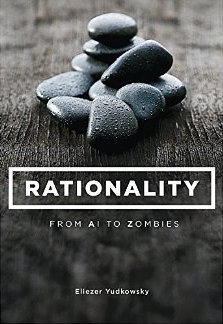
Rationality: From AI to Zombies
This book is a distillation of Eliezer Yudkowsky’s “sequences” on human thought and rationality. It’s intended to serve both as an introduction to thinking about thinking and as a resource for people interested in digging deeper into epistemology, metacognition, and how to be less wrong.
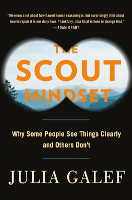
The Scout Mindset: Why Some People See Things Clearly and Others Don't
In The Scout Mindset, CFAR co-founder Julia Galef describes why and how to embrace a scout mindset, a stance of curiosity and openness to evidence, in contrast to soldier mindset, a combative approach that resists evidence. It covers topics such as how to notice bias, how to change your mind, and how to inspire others without deception.

Thinking, Fast and Slow
In the 1970s, Daniel Kahneman co-founded the study of cognitive biases. Now a Nobel laureate, he summarizes his life’s work and the subfields of psychology and economics he helped create. This is an engaging book about the causes of human error, written by the field’s most prestigious researcher.
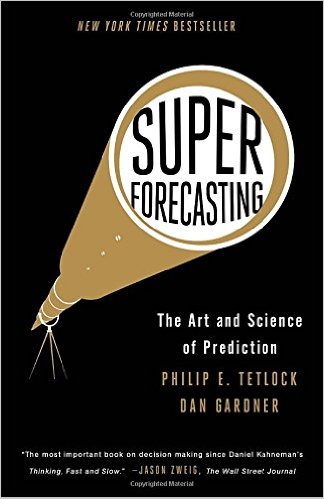
Superforecasting: The Art and Science of Prediction
New York Times bestselling author and professor Phillip Tetlock explains the habits of the best people in the world at predicting the outcomes to uncertain events.
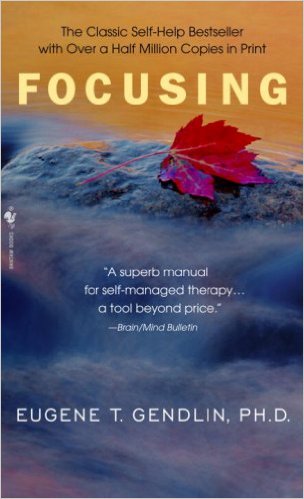
Focusing
Psychologist Eugene Gendlin teaches an advanced introspection technique he calls Focusing. It's used to access the very edges of what you're thinking and feeling, to discover beliefs and connections that are difficult to access analytically.

Influence: the Psychology of Persuasion
Dr. Robert Cialdini explains the psychology of why people say “yes,” and the details of six specific principles you can use to become a skilled persuader (or to spot attempts by others to persuade you).
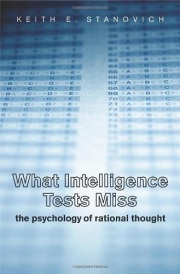
What Intelligence Tests Miss
Psychologist Keith Stanovich has spent decades conducting experiments which show that intelligence and rationality are not the same thing, and that highly intelligent people are still susceptible to many biases and thinking distortions. In this book, he offers a unifying explanation of how bias works — and how it might be meliorated.
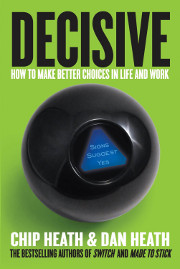
Decisive: How to Make Better Choices in Life and Work
Chip and Dan Heath explain where human decision-making often stalls out and offer habits and reframes to help you avoid cognitive derailment.
Academic
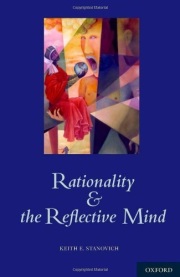
Rationality and the Reflective Mind
Keith Stanovich’s model of human bias and how it might be meliorated is perhaps the most advanced in the field, and nowhere is this model better explained and defended than in this book.
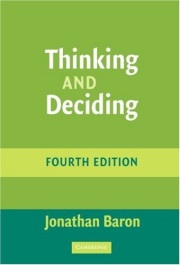
Thinking and Deciding, 4th Edition
With its first edition published in 1988, Thinking and Deciding is perhaps the “standard” introductory textbook on the normative, descriptive, and prescriptive aspects of judgment and decision-making; how an ideal agent would reason, how humans do normally reason, and what humans can do to think and act more like ideal agents.
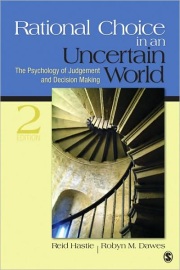
Rational Choice in an Uncertain World, 2nd edition
This textbook on judgment and decision is more advanced than Thinking and Deciding and covers more material.
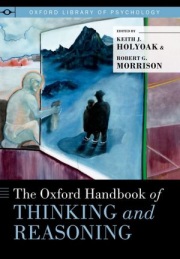
The Oxford Handbook of Thinking and Reasoning
This excellent volume contains up-to-date chapters on nearly every major subject in the psychology of thinking and reasoning, written by some of the leading authors on each subject.
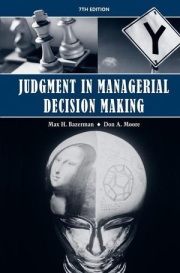
Judgment in Managerial Decision Making
This textbook is engagingly written, offers numerous illustrative examples, and does an excellent job of organizing decision science in memorable and useful ways. It is particularly useful for those who want to apply decision science to business management, but its coverage is general enough to be useful to all readers.
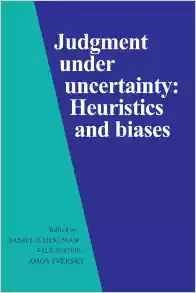
Judgment Under Uncertainty: Heuristics and Biases
Gilovich, Griffin, and Kahneman deep dive into shortcuts and systematic errors in judgement made by people in uncertain situations.
Staff Picks
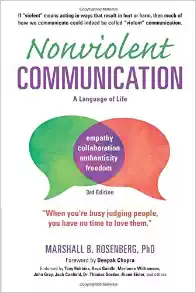
Nonviolent Communication
In this internationally acclaimed text, Marshall Rosenberg offers insightful stories, anecdotes, practical exercises and role-plays that will dramatically change your approach to communication for the better.
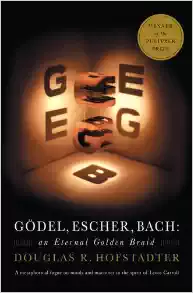
Gödel, Escher, Bach
By looking at the brilliant minds of mathematician Kurt Godel, graphic artist M. C. Escher, and composer Johann Sebastian Bach, computer-science and cognitive-science professor Douglas Hofstadter ties together the aesthetic gift of pattern recognition and manipulation with theories on artificial intelligence, human intelligence, and the essence of self-awareness.
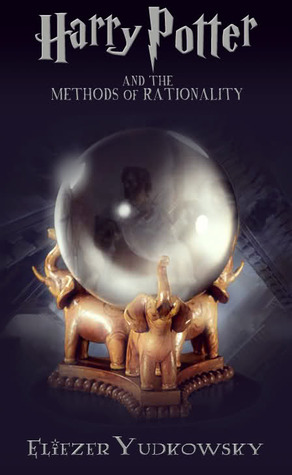
Harry Potter and the Methods of Rationality
Harry Potter and the Methods of Rationality is a work of alternate-universe Harry Potter fan-fiction wherein Petunia Evans has married an Oxford biochemistry professor and young genius Harry grows up fascinated by science and science fiction. When he finds out that he is a wizard, he tries to apply scientific principles to his study of magic, with sometimes surprising results.
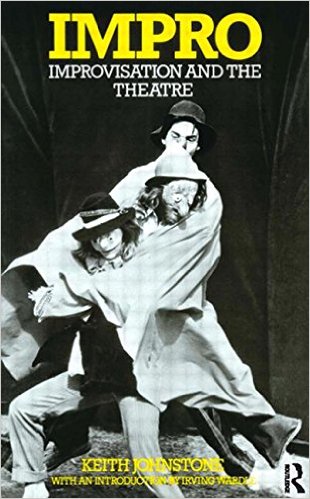
Impro: Improvisation and the Theatre
Switch off the no-saying intellect and welcome the unconscious as a friend: it will lead you places you never dreamed of, and produce results more 'original' than anything you could achieve by aiming at originality.
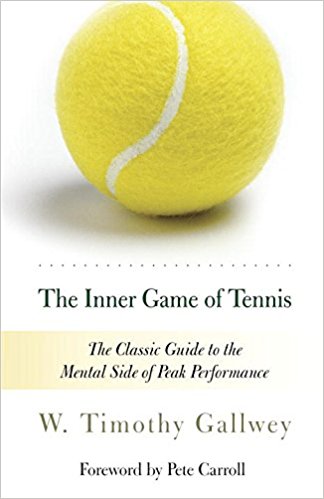
Inner Game of Tennis
An exploration into the importance of the subconscious mind in learning and teaching skills through the lens of tennis.
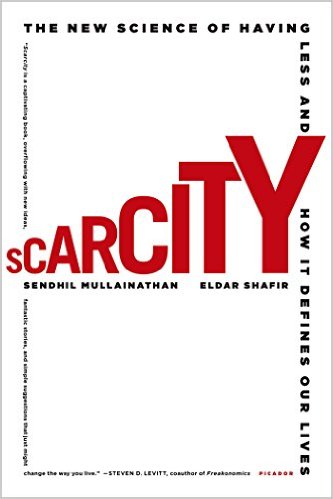
Scarcity: The New Science of Having Less and How It Defines Our Lives
The dynamics of scarcity reveal why dieters find it hard to resist temptation, why students and busy executives mismanage their time, and why the same sugarcane farmers are smarter after harvest than before.
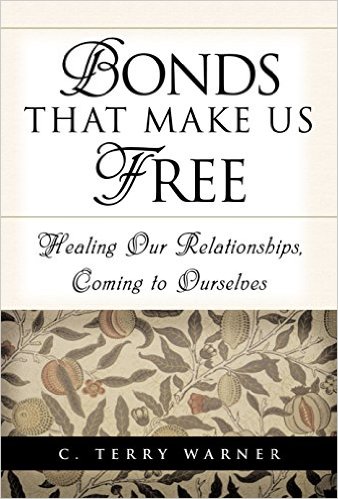
Bonds that Make Us Free
An interesting take on how reinforcing patterns of self-deception disrupt relationships, and what to do about it. Grounded in religious philosophy rather than cognitive science, but several of us found it life-changing.
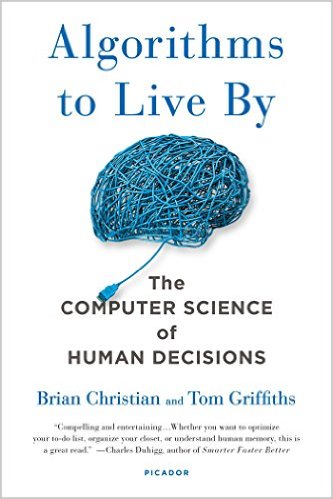
Algorithms to Live By: The Computer Science of Human Decisions
Brian Christian and Tom Griffiths show how the algorithms used by computers can also untangle very human questions. They explain how to have better hunches and when to leave things to chance, how to deal with overwhelming choices and how best to connect with others.

